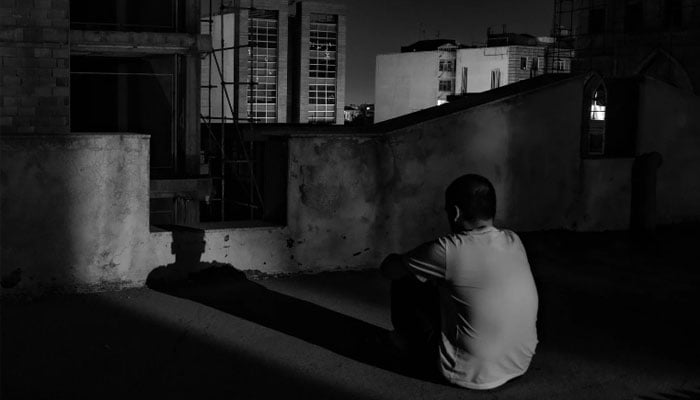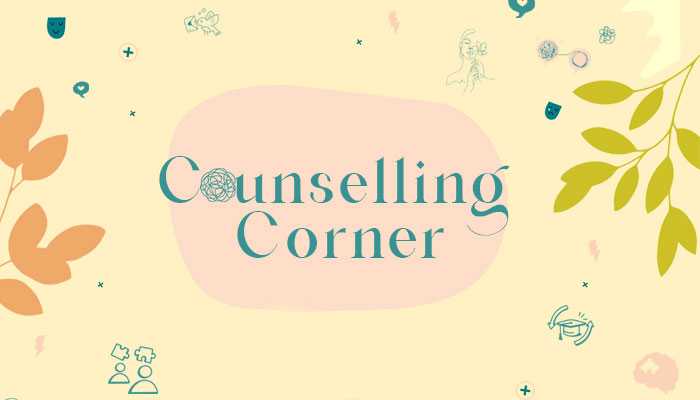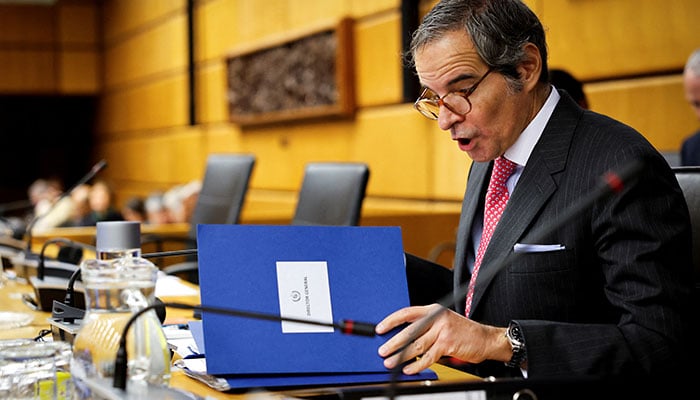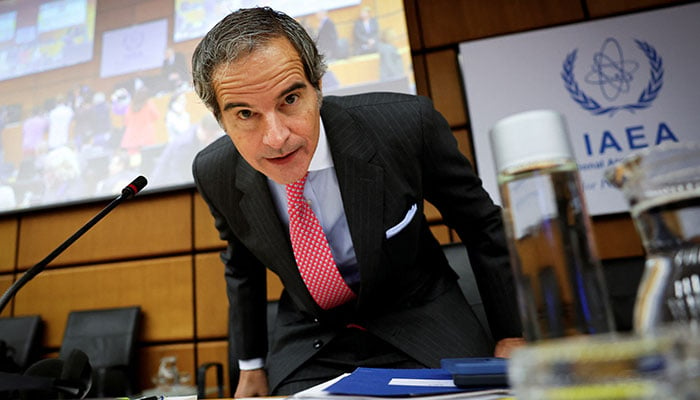
"It was all good until I landed in London, as my parents started getting panic attacks," says a distressed student
August 28, 2024
Dear Haya,
I'm a recently graduated engineer and had decided to move abroad — preferably to the UK — on a study visa at the start of June due to job market conditions here in Pakistan. My father had arranged money for that somehow.
It was all good until I landed in London, as my parents started getting panic attacks. They thought I will never return to Pakistan again and shift there permanently. They got so concerned that it began affecting their health.
Seeing their condition saddened me, so I decided to return to Pakistan on June 19. However, it has affected my mental health really badly. I have applied for the withdrawal of the course I wanted to study and now I’m living in Pakistan.
My father, on the other hand, is now worried about my future in Pakistan and what I will do here. This is my situation now. I have applied for jobs here, but it takes time, effort and strong references to find one in Pakistan — something I immensely lack.
Please suggest how to deal with this situation.
— A distressed student

Dear distressed student,
First and foremost, I want to acknowledge the complexity of your situation and the emotional toll it has taken on you. It’s completely understandable that you’re feeling overwhelmed, given the series of difficult decisions you’ve had to make. Moving abroad is a significant life event, and having to return so soon due to your parents’ health concerns adds additional layers of stress and sadness.
It sounds like you’re carrying a lot of emotional weight right now — guilt about your parents’ distress, frustration about your disrupted plans, and anxiety about your future. These are heavy burdens, and it’s important to recognise that your feelings are valid. You’ve made sacrifices out of love for your family, but those sacrifices have come at a cost to your own mental health and well-being. It might be helpful to explore and process these emotions further in addition to finding solutions, perhaps by talking more about how this experience has affected your sense of identity, your confidence, and your future outlook and to find a balance between caring for your parents and taking care of yourself.
Lets have a look to see what we can do.
When you say “They thought I will never return to Pakistan again and shift there permanently. They got so concerned that it began affecting their health” — this is sounding like an assumption to me. How accurate is this? How did you come up with this thought? Did they communicate this to you? What did you communicate to them?
The reason why I’m asking you these questions is to gain clarity on what the reality of the situation is.
What’s done is done, but the past needs to be revisited for our personal learnings. You need to assess what didn’t work and what you would have liked to do differently and take those learnings apply them to the present and create a new reality for yourself.
Because the truth is: no one is coming to save you, and passively waiting for some miracle to happen won’t bring you the results you desire.
I would really encourage you to reflect upon what is that you want to do. What do you want your future to look like? How can you balance your priorities?
I would then encourage you to have an open discussion with your parents, express to them how you feel about this, what you want and also express how much they mean to you (as their wellbeing is a priority for you) and provide them with the reassurance they may need at the same time drafting your future plan together, where they give you input and support as well.
Open communication with your family might help them understand the impact their reactions have had on you, and they may appreciate the opportunity to express their concerns in a more constructive way.
You need to make the best of what you have now, while working towards what you really want. Explore different possibilities.
While you’re here perhaps explore opportunities. There maybe opportunities for you to develop new skills, whether through online courses, certifications, or volunteering, which could enhance your employability in Pakistan. Networking and connecting with other professionals in your field could also open up new opportunities.
In addition, keeping your fathers concerns about your future in Pakistan in mind, you might work together to explore alternative opportunities that align well with you. This could involve looking into different industries, considering entrepreneurship, or even revisiting the possibility of further studies, perhaps with a plan that better addresses your family's concerns.
If going abroad is something you want to reconsider, find ways on how you can do that.
An important realisation to have is that: our lives are filled with endless possibilities. The only limits we place are within our own minds. You need to gain clarity on what you want.
I want to remind you — The uncertainty you’re facing regarding your career is understandably distressing. Uncertainty is hard to navigate, but it’s also an inevitable part of life, especially during times of transition. I encourage you to be gentle with yourself during this period. It’s okay to not have all the answers right now. Taking things one step at a time, setting small, manageable goals, and recognising any progress you make, no matter how small, can be helpful strategies.
In addition, I would highly recommend you to make your mental health a priority. Consider engaging in activities that bring you peace and joy, whether that’s spending time with friends, engaging in hobbies, or practicing mindfulness or meditation.
It might also be beneficial to talk to a counselor and coach regularly as you navigate this difficult period — to aid you to unpack what’s happened in the past and to assist you in creating a way forward. they can provide ongoing support and help you work through these challenges.
Finally, remember that it’s okay to feel sad, frustrated, or even lost right now. You’ve been through a lot in a short period of time, and it’s important to give yourself grace. Healing takes time, and it’s okay to take that time to figure out what you need and where you want to go from here. You’ve shown great strength already, and with the right support, you can continue to move forward in a way that feels right for you.
All the best,
Haya

Haya Malik is a psychotherapist, Neuro-Linguistic Programming (NLP) practitioner, corporate well-being strategist and trainer with expertise in creating organisational cultures focused on well-being and raising awareness around mental health.
Send her your questions to [email protected]
Note: The advice and opinions above are those of the author and specific to the query. We strongly recommend our readers consult relevant experts or professionals for personalised advice and solutions. The author and Geo.tv do not assume any responsibility for the consequences of actions taken based on the information provided herein. All published pieces are subject to editing to enhance grammar and clarity.














